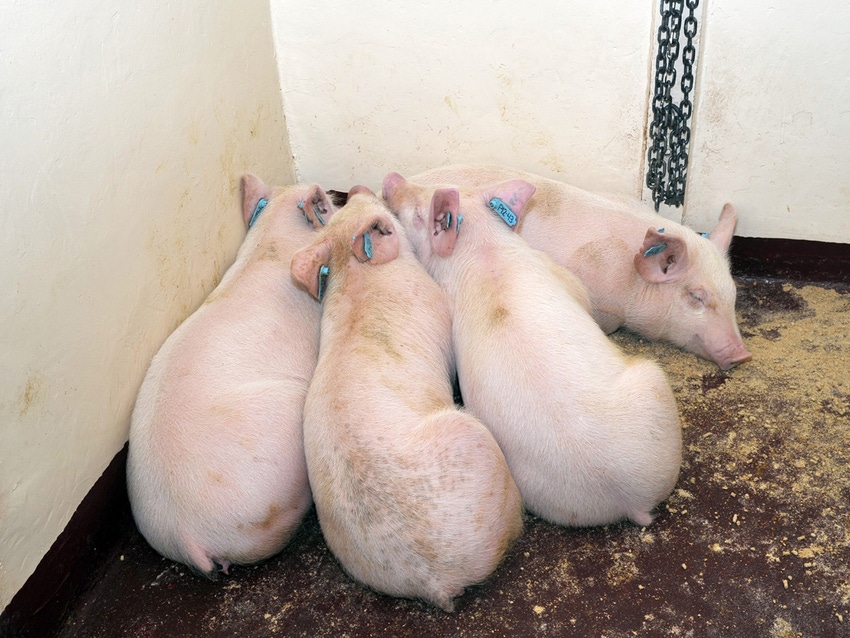Researchers to assess vaccines against diverse African swine fever strains
In Africa, there are at least 24 genotypes circulating.
March 27, 2024

In an effort to combat the devastating impact of African swine fever on global food security, Pirbright researchers have secured funding from the Medical Research Council to assess the cross-protection potential of modified live vaccines against diverse ASF virus strains in Africa.
ASF has wreaked havoc on the global pig industry, causing economic losses and threatening livelihoods, particularly in lower-income countries. There is an urgent need for vaccines to tackle the disease. Current vaccine efforts predominantly target the ASFV genotype II.
The team have already produced a promising genotype II MLV candidate which offers good protection against genotype II, partial protection against genotype I, but no protection against genotype IX. In Africa, however, there are at least 24 genotypes circulating.
To address this, the research team will use advanced techniques to predict the efficacy of their vaccine against the various ASFV genotypes prevalent in Africa.
“We have a promising ASFV genotype II MLV candidate, but we still don't understand how it protects pigs and why it confers protection against certain genotypes, but not others," said Anusyah Rathakrishnan, postdoctoral scientist in the African Swine Fever Virus group and project lead. "The grant will allow us to understand host responses that correlate with protection, potentially allowing us to predict cross protection of current vaccines against other circulating genotypes in Africa. This grant, my first at Pirbright, will enable me to advance research I have been conducting over the last six years to develop ASFV vaccines with global impact. I am thankful to the Tropical Infectious Disease Consortium for this opportunity and to Dr Linda Dixon and other colleagues who have supported and encouraged my application for the MRC-IAA grant."
By understanding the immune responses better, the team aims to design experiments that are more targeted, avoiding unnecessary and costly animal trials. This represents a significant step forward in ASFV vaccine development, with potential global implications for safeguarding pig populations, ensuring food resources, and easing economic burdens in affected regions.
You May Also Like



